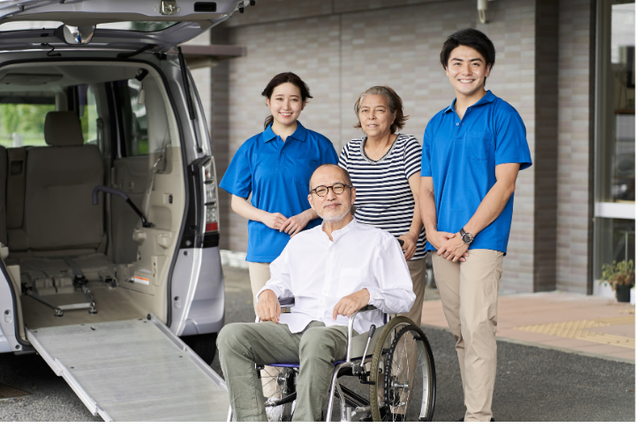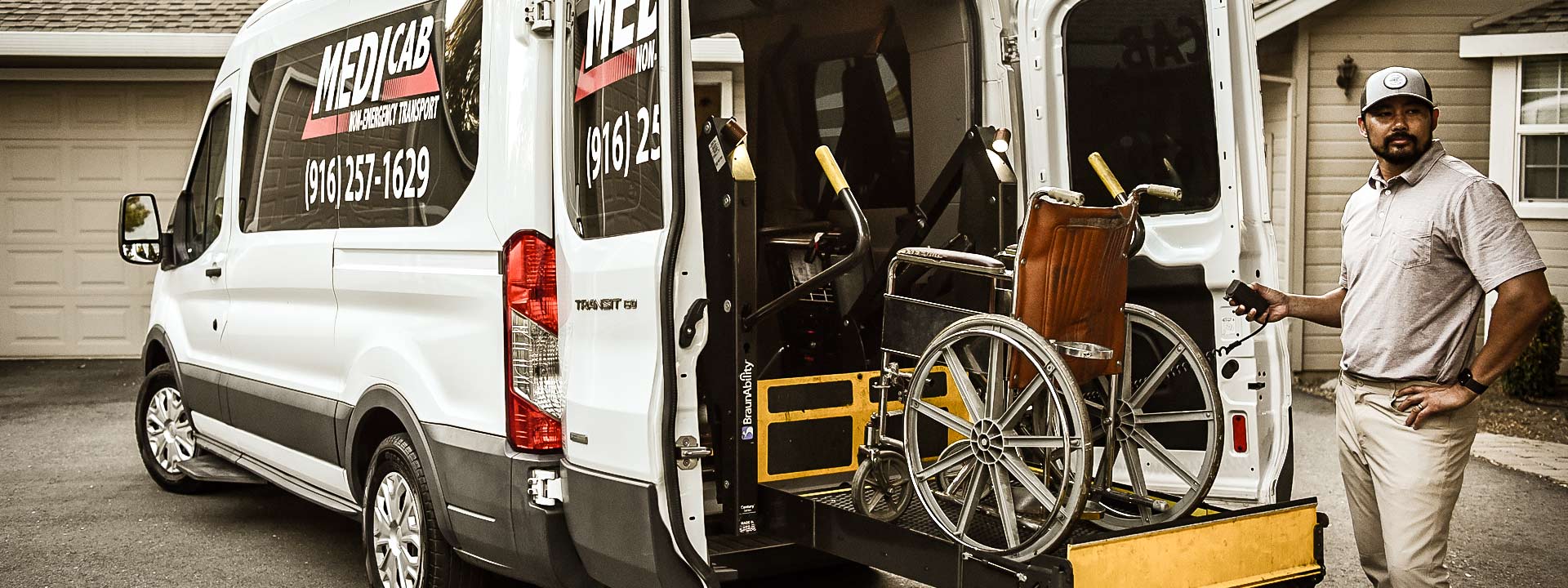Locate Trusted Medical Transportation Services Near Me for Comfort
Accessible and Affordable Medical Transport Options for Seamless Health Support
In the world of healthcare, the availability and price of clinical transport are critical in making sure people can access the treatment they require when they need it. From non-emergency clinical transport services to ingenious options like telehealth, the landscape of medical transportation is developing to meet the varied requirements of people.
Non-Emergency Medical Transport Services

These services are staffed by skilled professionals that focus on person comfort and security during transit. Chauffeurs are geared up to manage people with differing clinical demands and guarantee that all journeys are smooth and hassle-free - Medical Transportation Services Near Me. Additionally, non-emergency clinical transport solutions commonly utilize specialized cars that are wheelchair-accessible, making them suitable for a vast array of clients with different wheelchair requirements
Volunteer Driver Programs
Volunteer driver programs contribute in supplying transportation aid for people in requirement of non-urgent medical care. These programs rely upon the kindness of volunteers that contribute their time and cars to assist transport people to and from clinical consultations. By making use of volunteer motorists, companies can offer a cost-efficient solution for people that may not have accessibility to trustworthy transportation.
One of the key benefits of volunteer vehicle driver programs is the customized treatment and interest that patients get. Unlike standard transport services, volunteer chauffeurs typically establish a relationship with the individuals they assist, creating a compassionate and encouraging setting during what can be a demanding time. In addition, volunteer chauffeur programs can aid bridge the void for people residing in underserved or rural locations where mass transit alternatives may be limited.
Public Transportation Options

Among the crucial advantages of mass transit is its widespread accessibility in rural and city areas alike. This considerable network enables patients from diverse histories to travel to clinical consultations with family member ease. Additionally, mass transit systems are typically geared up to suit people with impairments, supplying accessible traveling options for those with wheelchair obstacles.

Ride-Sharing and Transportation Network Firms
The advancement of modern-day click to read transport options for medical purposes extends beyond conventional public systems like buses and trains to include the ingenious world of ride-sharing and transport network business. Ride-sharing solutions such as Uber and Lyft have reinvented the method individuals travel to medical appointments, providing benefit and versatility to clients who may not have access to their vehicles or traditional public transportation. These platforms allow customers to ask for an adventure with the touch of a switch on their mobile phones, supplying door-to-door solution that can be specifically beneficial for individuals with movement challenges or those requiring support.
Transportation network companies (TNCs) have also played a substantial duty in linking the void in clinical transportation services. Firms like Veyo and RoundTrip focus on non-emergency medical transportation, satisfying clients who require a greater level of support during their trips to clinical facilities. By partnering with doctor and insurers, TNCs make certain that individuals can access timely and dependable transportation services, eventually contributing to improved health and wellness results and individual fulfillment.
Telehealth and Virtual Appointments
Enhancing healthcare accessibility additional reading and benefit, telehealth and online appointments have emerged as crucial elements in modern medical techniques, transforming the method clients interact with medical care providers. Telehealth leverages modern technology to help with remote interaction in between clients and health care specialists, offering a large selection of services such as online appointments, remote monitoring, and electronic prescriptions. Online appointments enable clients to look for clinical advice, diagnosis, and treatment from the convenience of their homes, removing the need for physical check outs to health care centers. This approach not only saves time and decreases transport prices for individuals yet also improves the general performance of healthcare delivery.
Furthermore, telehealth plays an important function in extending medical services to underserved areas, backwoods, and individuals with minimal flexibility. By damaging down geographical barriers and increasing medical care outreach, telehealth promotes early treatment, continuity of treatment, and individual interaction. As technology remains to development, telehealth is poised to play a significantly considerable role in forming the future of health care delivery, cultivating enhanced wellness results and patient satisfaction.
Verdict

From non-emergency clinical transportation services to ingenious services like telehealth, the landscape of medical transportation is developing to satisfy the varied requirements of patients.Non-Emergency Medical Transport Solutions assist in the safe and prompt transportation of people needing non-urgent clinical treatment to and from healthcare centers.The advancement of contemporary transport alternatives for medical functions prolongs beyond traditional public systems like buses and trains to incorporate the innovative world of ride-sharing and transportation network business.Transport network companies (TNCs) have actually additionally played a considerable role in connecting the gap in medical transport services. Non-Emergency Medical Transportation Solutions, Volunteer Driver Programs, Public Transport Options, Ride-Sharing and Transportation Network Business, and Telehealth and Virtual Consultations all play an essential duty in resolving transportation barriers to medical care access.